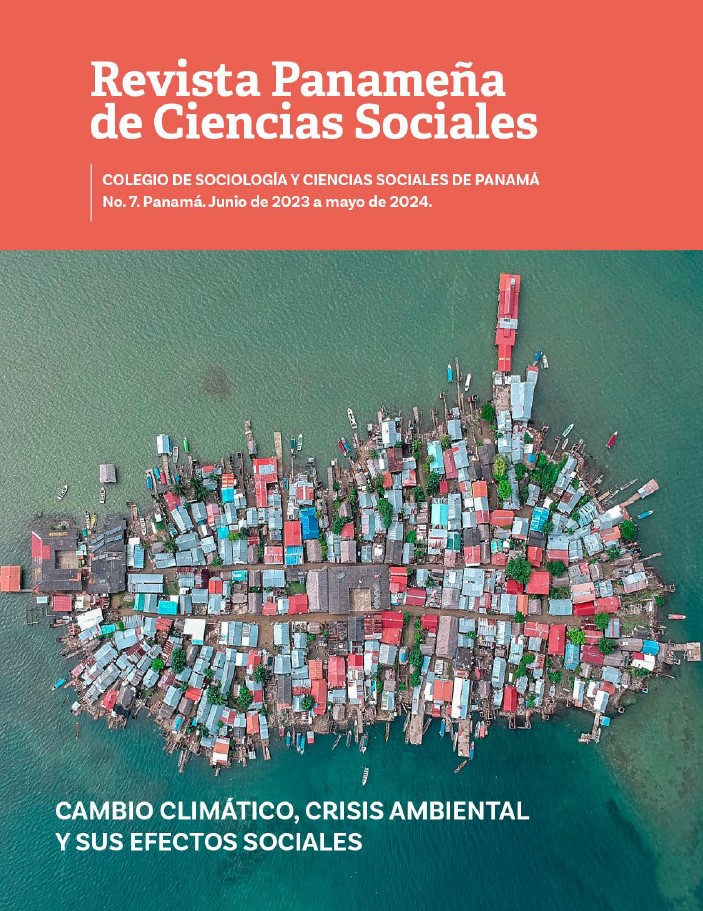

Copyright (c) 2023 Revista Panameña de Ciencias Sociales

This work is licensed under a Creative Commons Attribution-NonCommercial-ShareAlike 4.0 International License.
The negative effects of climate change compromise the sustainable socioeconomic,
political, ecological, sociocultural development of the societies and communities that comprise it; threatens the quality of life of human beings and the survival of vulnerable ecosystems. This research aims to analyze the studies of hazards, vulnerabilities and risks in
coastal communities in the face of climate change. For this, the bibliographic method, the
ethnographic method and theoretical methods such as: historical-logical, analysis-synthesis,
descriptive-causal and inductive-deductive are used; with the use of the content review
technique. As part of the results of the investigation, it was determined that environmental
education in conjunction with the analysis of hazards, vulnerabilities and risks, presented by
coastal communities; They contribute to awareness, training, reflection, the increase in the
sense of community and the introduction of new sustainable socio-economic-productive
practices. This represents a way to strengthen their endogenous resilience capacity, which
is a key tool to face climate change.